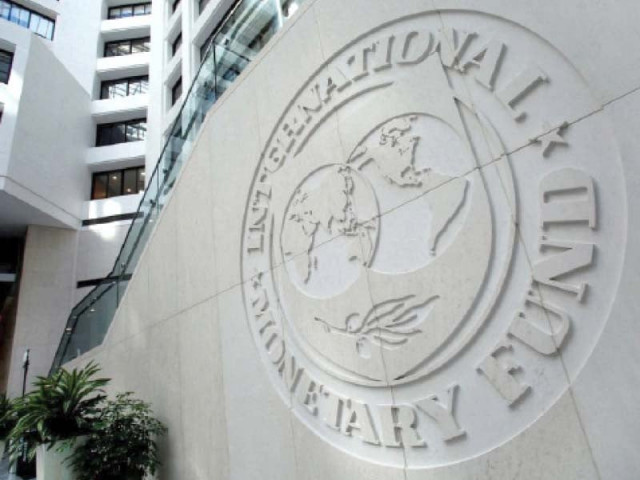IMF cuts global growth forecast
Decision driven by “seismic waves” from Russia’s war in Ukraine

The International Monetary Fund on Tuesday slashed its forecast for global economic growth by nearly a full percentage point, citing Russia’s war in Ukraine, and warning that inflation was now a “clear and present danger” for many countries.
The war is expected to slow growth and further increase inflation, the IMF said in its latest World Economic Outlook, while warning that its forecast was marked by “unusually high uncertainty.”
Further sanctions on Russian energy and a widening of the war, a sharper-than-forecast deceleration in China and a renewed flare-up of the pandemic could further slow growth and boost inflation, while rising prices could trigger social unrest.
The global lender, which downgraded its forecasts for the second time this year, said it now projects global growth of 3.6% in 2022 and 2023, a drop of 0.8 and 0.2 percentage point from its January forecast, given the war’s direct impacts on Russia and Ukraine and global spillovers.
Medium-term global growth is expected to decline to about 3.3% over the medium-term, compared to an average of 4.1% in the period from 2004 to 2013, and growth of 6.1% in 2021.
“Global economic prospects have been severely set back, largely because of Russia’s invasion of Ukraine,” IMF Chief Economist Pierre-Olivier Gourinchas wrote in a blog released Tuesday with the revamped outlook.
The war has exacerbated inflation that already had been rising in many countries due to imbalances in supply and demand linked to the pandemic, with the latest lockdowns in China likely to cause new bottlenecks in global supply chains.
The war, which Russia describes as a “special military operation” has caused a tragic humanitarian crisis in Eastern Europe, displacing some 5 million Ukrainians to neighboring countries, the IMF said.
Both Russia and Ukraine were expected to experience steep contractions in their economies, while the European Union - which is highly dependent on Russian energy - had seen its 2022 growth forecast cut by 1.1 percentage points.
“The war adds to the series of supply shocks that have struck the global economy in recent years. Like seismic waves, its effects will propagate far and wide - through commodity markets, trade, and financial linkages,” Gourinchas said.
Published in The Express Tribune, April 20th, 2022.
Like Business on Facebook, follow @TribuneBiz on Twitter to stay informed and join in the conversation.



















COMMENTS
Comments are moderated and generally will be posted if they are on-topic and not abusive.
For more information, please see our Comments FAQ